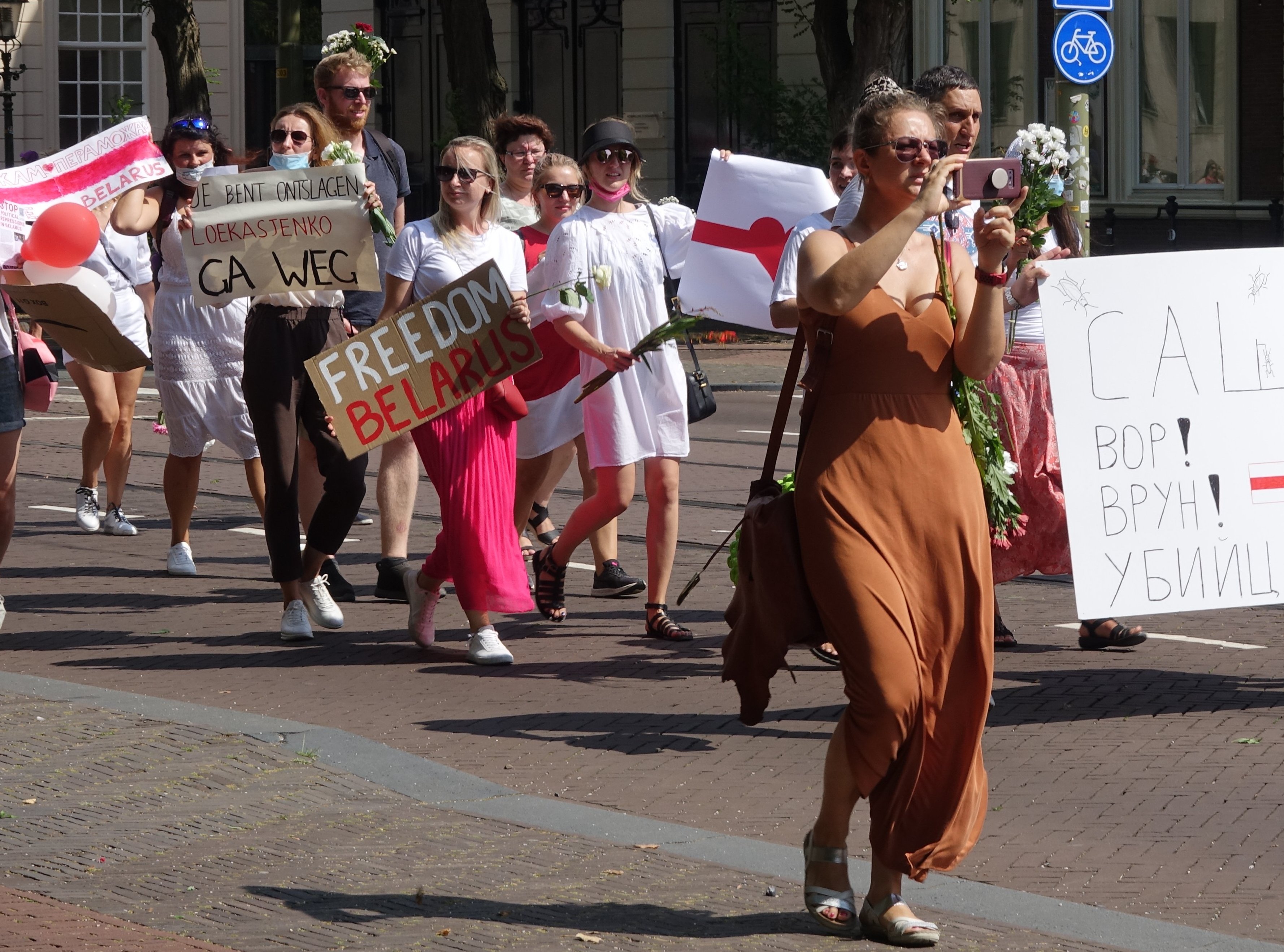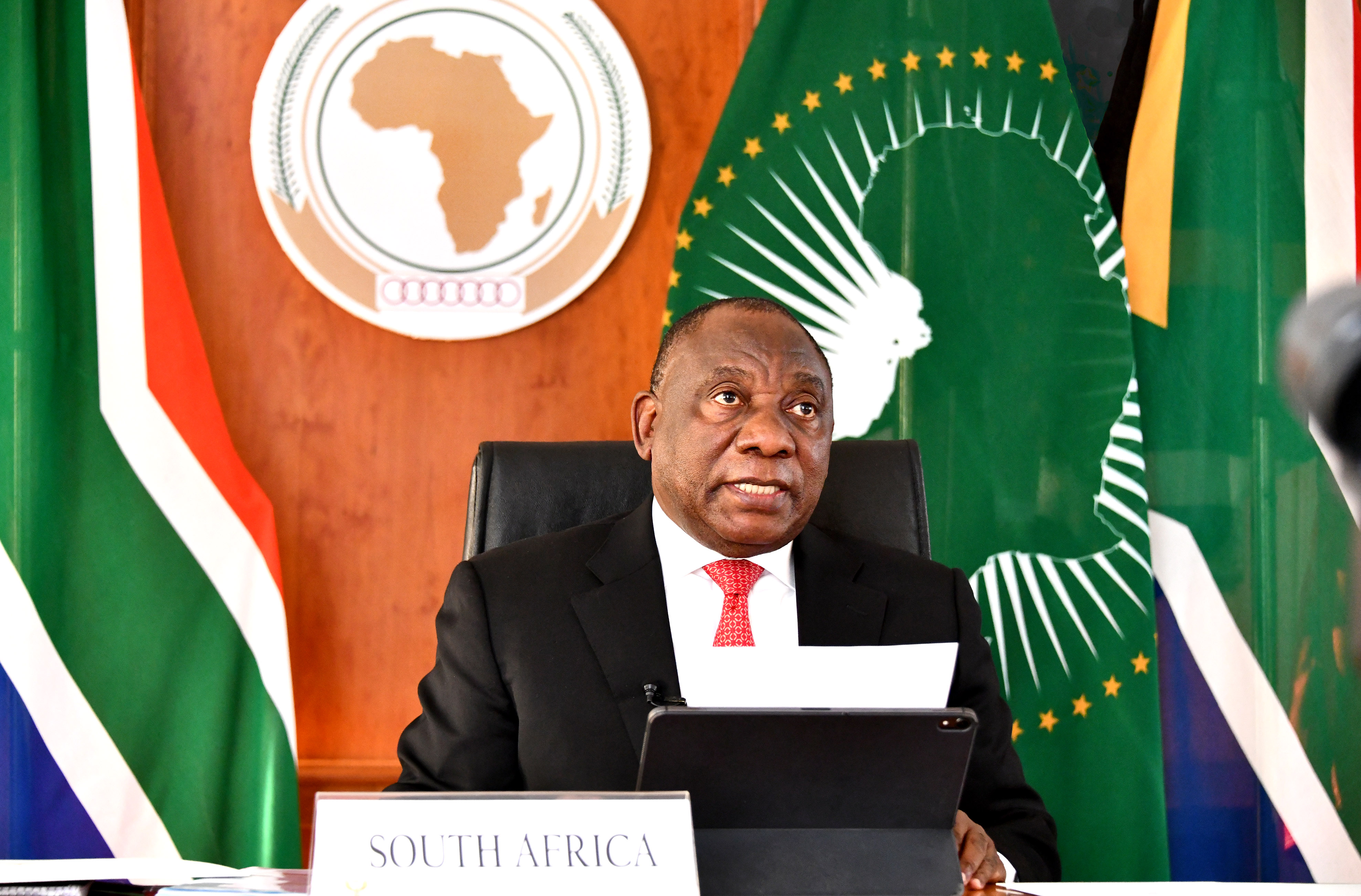After a disputed presidential vote in Belarus on Aug. 9, opposition leader Svetlana Tikhanovskaya fled the country and Belarusians rallied in mass protests against President Aleksandr Lukashenko, calling for him to step down after 26 years in power.
Lukashenko received over 80% of the vote, according to the Central Election Commission. However, Tikhanovskaya said she received 60–70% of the actual vote, according to BBC.
In previous years, international election observers were allowed into Belarus, but this year were prohibited from monitoring the election.
Tikhanovskaya, a 37-year-old former English teacher, based her campaign platform on a promise to run fair elections. She ran for office after her husband, an opposition blogger who had considered running for president, was arrested in May. He remains in jail.
After detaining Tikhanovskaya for seven hours, Belarusian authorities compelled Tikhanovskaya to leave the country for Lithuania after the election. She released video statements on Aug. 11 which seem to have been made under duress, according to The New York Times.
“I made a very difficult decision,” Tikhanovskaya said in one of the videos. “I know that many will understand me, many will judge me and many will hate me for it. But know that God forbid you will face the kind of choice I faced.”
Lukashenko’s response to COVID-19 and its accompanying economic challenges weakened his grip on authority, according to AP News. Initially describing the pandemic as “psychosis,” Lukashenko later backpedalled when he revealed he had contracted, then recovered, from the virus. He recommended people take a shot of vodka every day and go to saunas to protect against COVID-19.
Over 100,000 protesters filled the streets of Belarus in the wake of the election, chanting “step down!” According to Al Jazeera, Lukashenko said Belarus would “die as a state if it agreed to hold new elections under pressure.”
Thousands of protesters were arrested during the demonstrations, during which law enforcement used rubber bullets, stun grenades, tear gas and water cannons against protesters. Police targeted members of the press, confiscating and breaking photography equipment. Authorities also imposed internet shutdowns and restricted access to social media.
United Nations human rights chief Michelle Bachelet condemned the crackdown as a “clear violation of international human rights standards.”
According to Amnesty International, Belarusian authorities subjected peaceful protesters to a campaign of widespread torture in detention centers.
“The authorities have turned peaceful street protests into a bloodbath,” Tikhanovskaya said. “I call for the government to stop the violence and start a dialogue.”
Lukashenko said he would consider changing the constitution to redistribute power, but not at the behest of protesters.
In an emergency summit, the European Union rejected the official election results and imposed financial sanctions against Belarusian officials responsible for election fraud and violently suppressing protests, according to Reuters.
“These elections were neither free nor fair and did not meet international standards,” said Charles Michel, E.U. council president. “We don’t recognize the results presented by the Belarus authorities.”





